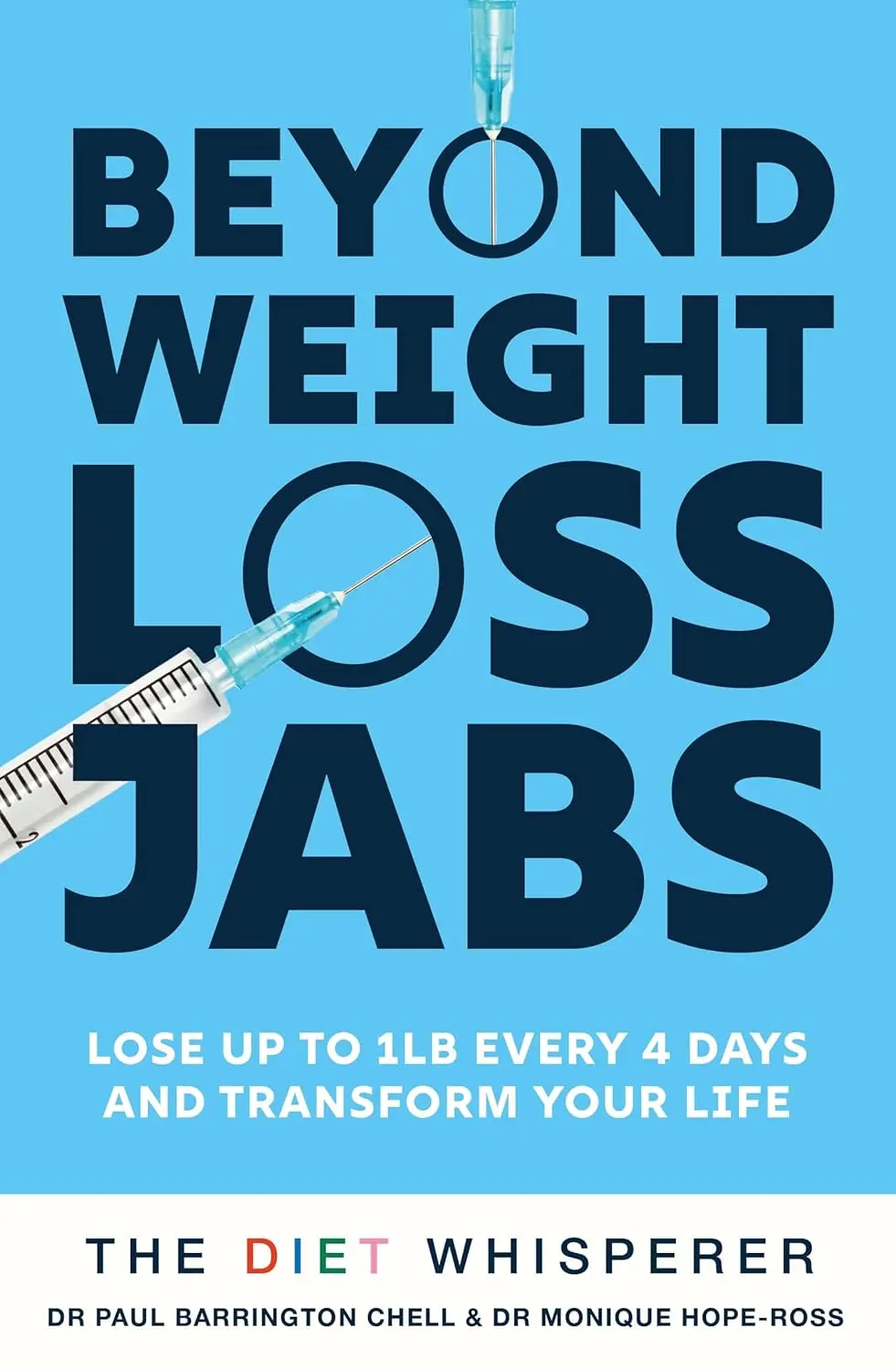About Metabolic Syndrome
Published: 4th August 2020
Dr Monique Hope-Ross and Dr Paul B Chell
Metabolic syndrome is a combination of high blood pressure, abnormal cholesterol, insulin resistance and increased abdominal girth.
The international definition is a waist greater than 94 cm (37 inches) in men or greater than 80 cm (31 inches) in women along with the presence of two or more of the following:
- Blood glucose greater than 5.6 mmol/L (100 mg/dl) or diagnosed diabetes HDL cholesterol < 1.0 mmol/L (40 mg/dl) in men
- < 1.3 mmol/L (50 mg/dl) in women or drug treatment for low HDL
- Blood triglycerides > 1.7 mmol/L (150 mg/dl) or drug treatment for elevated triglycerides
- Blood pressure > 130/85 mmHg or drug treatment for hypertension
Unchecked metabolic syndrome is associated with just about every non-communicable disease known to man. Cancer of the prostate, breast, pancreas and others, type 2 diabetes, high blood pressure, heart disease, strokes, gout, psychological problems, neurological diseases, renal problems, obesity, birth obesity, childhood obesity, infertility in women, changed menstrual cycles, hypogonadism, infertility, polycystic ovarian syndrome, erectile dysfunction, lichen planus, SLE, psoriasis, acanthosis nigrans, inflammation, fat cell inflammation with changed CRP, IL-1, IL-6, adinopectin and leptin resistance, joint problems, rheumatoid arthritis, oxidative stress, leaky bowel, reduced gut microbiota diversity, small bowel microbial overgrowth, sleep apnoea, schizophrenia, tiredness, non-alcoholic fatty liver disease, road traffic accidents, polycystic ovarian syndrome, thyroid dysfunction, hormonal problems, insulin resistance, diabetes, visual dysfunction, cataracts, macular degeneration, diabetic eye disease and blindness, retina artery occlusion, retinal vein occlusion, lower lid entropion; the list goes on and on. 1 , 2, 3
Primary gout in normal weight people is associated with metabolic syndrome. Every extra inch around your waist from visceral fat increases your cardiovascular risks by five percent. 4, 5, 6, 7
Metabolic syndrome results from obesity and in particular visceral fat, deep inside the abdomen. It is not the fat that one can pinch, but the fat that silently pushes your belt out another notch. Worryingly, and as a result of poor diet, we are seeing many more people with metabolic syndrome who are otherwise normal weight. It is imperative that we all find out whether we have metabolic syndrome or not, as it has such a profound impact on our lives, short, medium and long-term. The ususal pathway is poor diet, lack of exercise, metabolic syndrome, diabetes, then all the dreadful problems listed above. There is no disease that metabolic syndrome does not make worse.
Metabolic syndrome is not only a personal problem, but a societal problem that will ultimately overwhelm our healthcare systems. The solution has to be prevention. If you have metabolic syndrome, early detection and reversal are crucial. And the really good news is that by lifestyle changes, in particular diet, significant progress can be made in a matter of weeks.
Causes and Prevention
So, if you want to prevent metabolic syndrome, you need to know what causes it. The culprits are listed below; remove these from your life and your metabolic syndrome improves very quickly. In some people it disappears altogether. So, there is great hope for millions of people with metabolic sydrome. And the earlier you take charge of your nutrition and lifestyle, the better. The causes are;
- Super-refined carbohydrates
- Refined carbohydrates
- High meal frequency
- Snacking
- Foods containing high fructose corn syrup, HFCS
- Low-fat foods laced with HFCS
- Soda drinks
- High cortisol and chronic stress
- Obesity, in the form of visceral fat
- Lack of exercise
- Diets with a high omega-6 to omega-3 ratio
- Smoking
- Early Detection and Reversal
It may seem obvious but determining who has visceral fat and being able to quantify it, is the basis for detection and reversal. The gold standard is a CT scan, but cost and exposure to radiation makes it unsuitable for repeated testing. A cheaper option that delivers a tiny fraction of the radiation whilst correlating well with a CT scan is a DEXA scan. Ultra-sound in also effective, but only in good hands.
There's also a raft of anthropometric tests that can be conducted in the comfort of your home – thigh to waist ratios, height to waist ratio amongst others. Body Mass Index (BMI), which can be calculated on the calculator page of this website using height and weight as the two variables. However it is affected by sex, age, ethnicity and muscle mass correlates poorly with the risk of metabolic syndrome. And, BMI measure total fat, and does not differentiate between subcutaneous (pinch-an-inch) fat and the metabolically active and dangerous visceral fat. BMI is a rough guide for individuals, and is better used for comparing large groups or populations.
The two most popular home tests are abdominal circumference and waist-to-hip ratio. You simply divide the circumference of your waist at the level of your belly button, by the circumference of your hips at the widest point This is also found on the calcuator page. The WHO recommends for women a ratio of less than 0.85 and men 0.90. A DEXA scan can also be used to measure a version of the waist-to-hip ratio. The measurement is the ratio of fat levels between the visceral and subcutaneous fat and is referred to as the android:gynoid ratio.
No matter what age you are, if any of these simple tests give abnormal readings, then you should see your doctor for further investigations including measuring your visceral fat, to see if you have metabolic syndrome, pre-diabetes or diabetes.
More Information
If you would like more information then please contact us, join our newsletter or check out our new book The Diet Whisperer.

